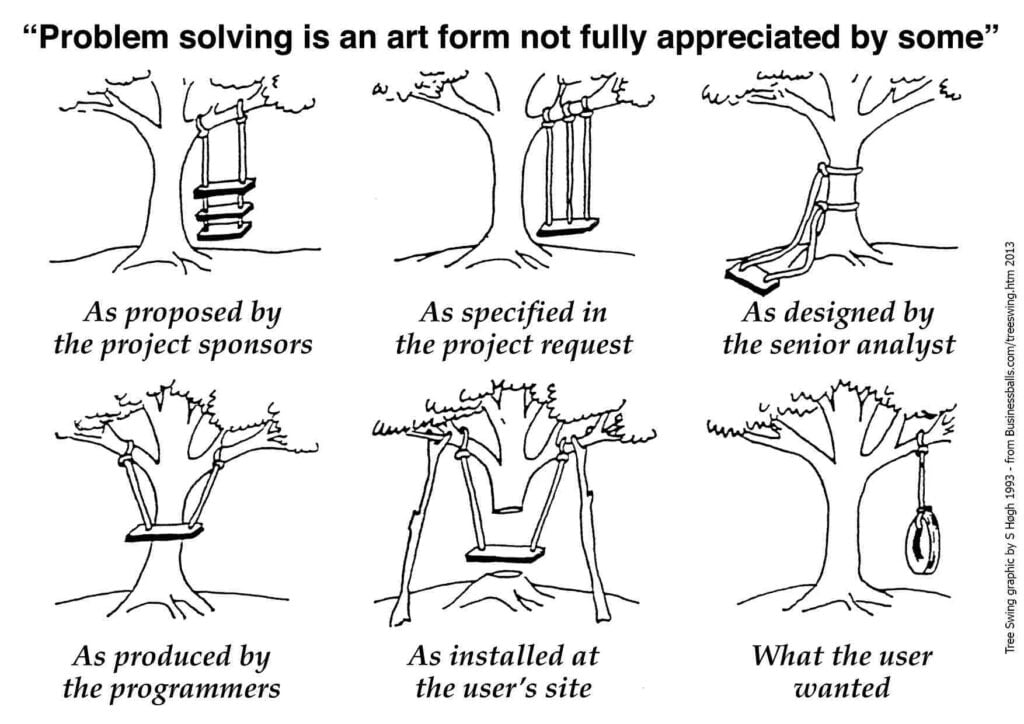By Eric Bright
We need your help here at The Document Foundation. LibreOffice needs your support. In this article, I am going to ask you for help. I am going to ask you for a commitment to a monthly donation to The Document Foundation.
If I am successful, at the end you will be convinced as to why LibreOffice needs your help, why even a small donation will help, and why a monthly contribution, even if small, makes a huge difference compared to a larger, one-time donation. Here is the story!

